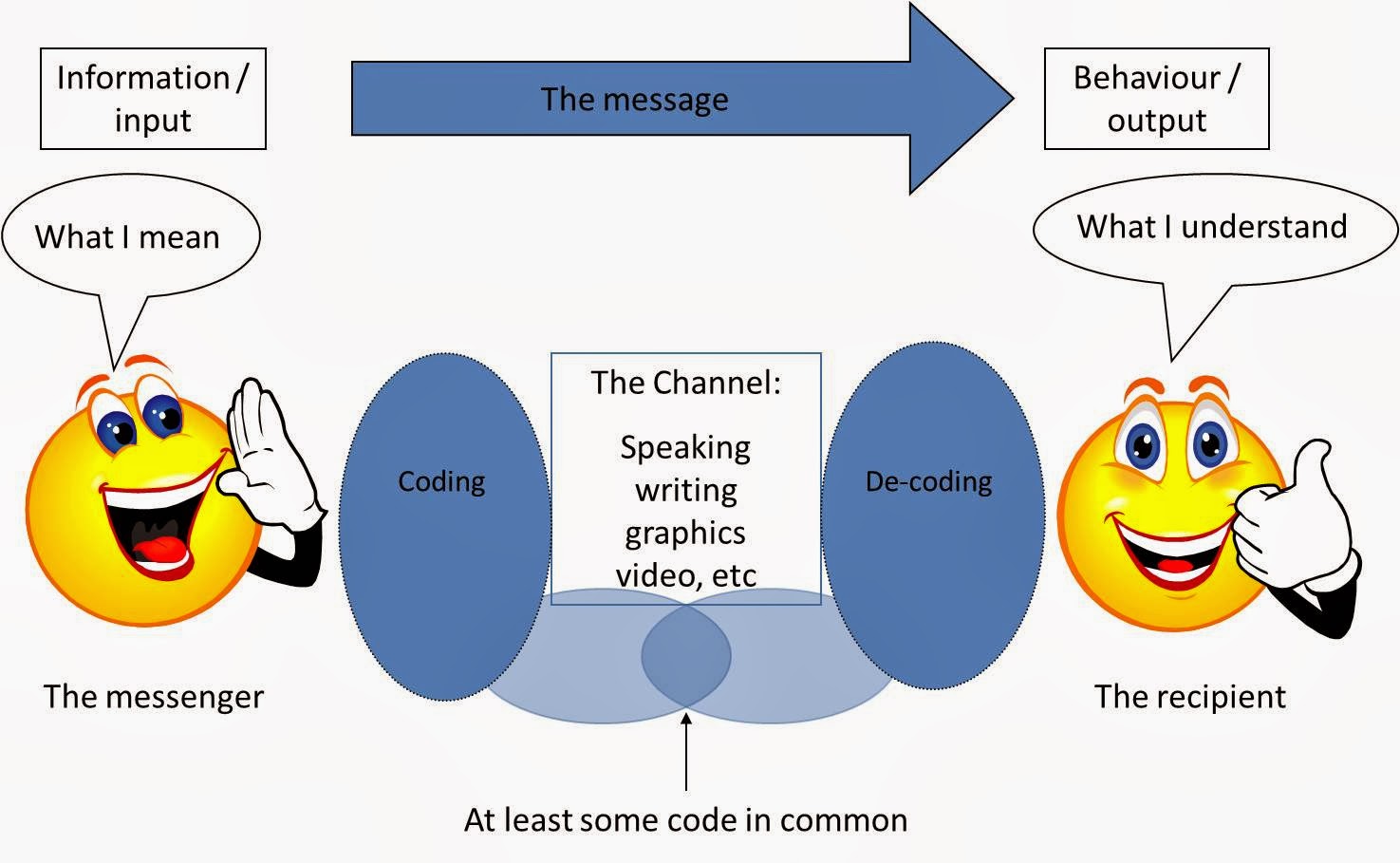Sri Aurobindo and His Educational Thoughts
Sri Aurobindo, a spiritual leader, yogi, and philosopher, had profound ideas on education. His thoughts were rooted in integrating the spiritual essence of Indian philosophy with the intellectual and rational focus of Western thought. Here's an exploration of his educational philosophy:
- Integral
Education:
- Philosophy:
Aurobindo proposed the concept of "Integral Education," which
emphasizes the harmonious development of all parts of the human being:
the physical, vital, mental, psychic, and spiritual.
- Implication:
An education system that nurtures all dimensions of human existence.
- Illustration:
Schools could offer a balanced curriculum that covers physical education,
intellectual pursuits, emotional intelligence, artistic expression, and
spiritual inquiry.
- Growth
from Within:
- Philosophy:
Aurobindo believed that true education should guide the natural
self-development of the child's unique potential. It’s not about imposing
external knowledge but facilitating the blossoming of inherent
qualities.
- Implication:
A learner-centric approach that respects individual differences.
- Illustration:
Instead of a one-size-fits-all curriculum, there could be personalized
learning plans catering to each student's unique strengths and interests.
- Stages
of Development:
- Philosophy:
Recognizing the evolution of consciousness, Aurobindo delineated
education into stages corresponding to the development of the physical,
vital, and mental being.
- Implication:
The educational process should align with the child's stage of
development.
- Illustration:
Physical education and hands-on learning for younger students; emotional
and social education during adolescence; intellectual and philosophical
pursuits in later stages.
- Inner
and Outer Perfection:
- Philosophy:
Aurobindo emphasized the simultaneous development of the inner spirit and
outer abilities.
- Implication:
Both character development and skill acquisition are essential.
- Illustration:
A curriculum that includes moral education classes and practical
skills workshops.
- Free
Progress System:
- Philosophy:
Aurobindo and his spiritual collaborator, the Mother, endorsed the idea
of "Free Progress," where students progress at their own pace
without a rigidly structured curriculum.
- Implication:
The elimination of age-specific grades and more fluid, self-paced
learning.
- Illustration:
Learning centres where students choose their subjects of interest and
advance based on mastery rather than age.
- Education
for Evolution:
- Philosophy:
Aurobindo saw education as a means for the evolution of consciousness,
leading humanity towards a divine life on earth.
- Implication:
Infusing education with a higher purpose beyond just jobs and societal
roles.
- Illustration:
Courses on global unity, spiritual philosophies, and the evolution of
consciousness.
- Spiritual
Foundation:
- Philosophy:
While he valued intellectual development, Aurobindo saw a spiritual
foundation as paramount. The spirit was not to be neglected for the sake
of the mind.
- Implication:
Spiritual inquiry should be at the heart of education.
- Illustration:
Meditation sessions, studies on various spiritual traditions, and
introspective activities could be integrated into daily schooling.
- Teacher
as a Guide:
- Philosophy:
Aurobindo viewed teachers as facilitators or guides rather than authority
figures. They are there to assist the natural development of the child.
- Implication:
Emphasis on teacher-student relationships rooted in mutual respect and
discovery.
- Illustration:
Classroom dynamics where teachers learn alongside students, engaging in
discussions, questions, and joint discoveries.
Auroville, an experimental township in India inspired by the
vision of Sri Aurobindo and the Mother, is a practical illustration of
many of these educational principles. The schools in Auroville strive to
implement the ideals of integral education, fostering an environment of free
progress and holistic development.


Comments
Post a Comment